Filter by
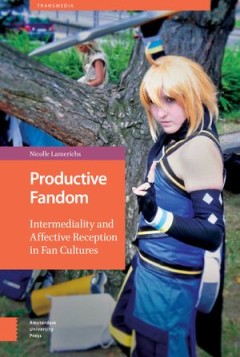
Productive Fandom
This book offers a media ethnography of the digital culture, conventions, and urban spaces associated with fandoms, arguing that fandom is an area of productive, creative, and subversive value.
- Edition
- -
- ISBN/ISSN
- 9789089649386
- Collation
- -
- Series Title
- -
- Call Number
- 791.43 LAM p
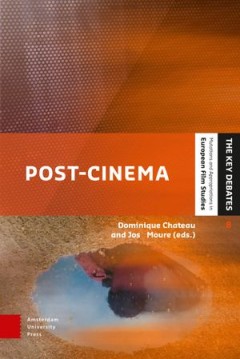
Post-Cinema: Cinema in the Post-art Era
Post-cinema designates a new way of making films. It is time to ask whether this novelty is complete or relative and to evaluate to what extent it represents a unitary or diversified current. The book proposes to integrate the post-cinema question within the post-art question in order to study the new ways of making filmic images. The issue will be considered at three levels: the impression of …
- Edition
- -
- ISBN/ISSN
- 9789048551941
- Collation
- -
- Series Title
- -
- Call Number
- 791.43 POS p
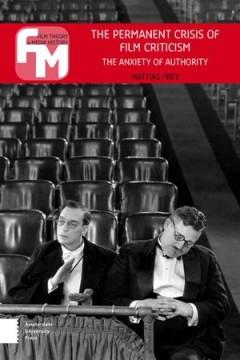
The Permanent Crisis of Film Criticism. The Anxiety of Authority
Film criticism is in crisis. Dwelling on the many film journalists made redundant at newspapers, magazines, and other 'old media' in past years, commentators have voiced existential questions about the purpose and worth of the profession in the age of WordPress blogospheres and proclaimed the 'death of the critic'. Bemoaning the current anarchy of internet amateurs and the lack of authoritative…
- Edition
- -
- ISBN/ISSN
- 9789089647177
- Collation
- -
- Series Title
- -
- Call Number
- 791.43 FRE p
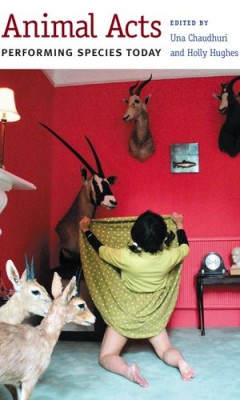
Animal Acts Performing Species Today
We all have an animal story—the pet we loved, the wild animal that captured our childhood imagination, the deer the neighbor hit while driving. While scientific breakthroughs in animal cognition, the effects of global climate change and dwindling animal habitats, and the exploding interdisciplinary field of animal studies have complicated things, such stories remain a part of how we tell the …
- Edition
- -
- ISBN/ISSN
- 9780472901104
- Collation
- -
- Series Title
- -
- Call Number
- -
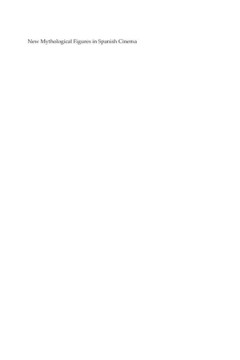
New Mythological Figures in Spanish Cinema
In the 1970s, especially after Franco’s death in 1975, Spanish cinema was bursting at the seams. Numerous film directors broke free from the ancient taboos which had reigned under the dictatorship. They introduced characters who, through their bodies, transgress the traditional borders of social, cultural and sexual identities. Post- Franco cinema exhibits women, homosexuals, transsexuals, an…
- Edition
- -
- ISBN/ISSN
- 9789089643049
- Collation
- -
- Series Title
- -
- Call Number
- 791.43 FEE n
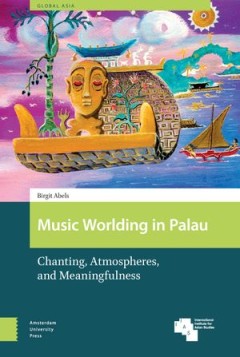
Music Worlding in Palau: Chanting, Atmospheres, and Meaningfulness
Music Worlding in Palau: Chanting, Atmospheres, and Meaningfulness is a detailed study of the performing arts in Palau, Micronesia as holistic techniques enabling the experiential corporeality of music’s meaningfulness—that distinctly musical way of making sense of the world with which the felt body immediately resonates but which, to a significant extent, escapes interpretive techniques. D…
- Edition
- -
- ISBN/ISSN
- 9789048550517
- Collation
- -
- Series Title
- -
- Call Number
- 780 ABE m
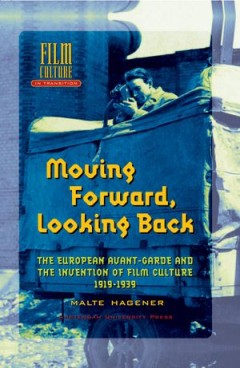
Moving Forward, Looking Back
This first critical overview of the European film avant-garde ushers in a new approach and creates its own subject. Arguing that a European perspective is the only way to understand the film avant-garde of the 1920s and 1930s, Hagener provides a much-needed summary of the theory and practice of the movement. This incisive study also pioneers a new approach to the alternative cinema network that…
- Edition
- -
- ISBN/ISSN
- 9789053569610
- Collation
- -
- Series Title
- -
- Call Number
- 791 HAG m
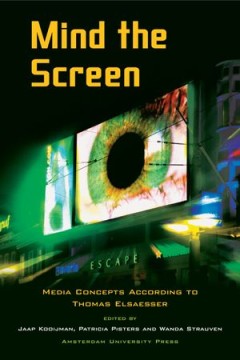
Mind the Screen
Mind the Screen pays tribute to Thomas Elsaesser, a pioneering and leading scholar in the field of film and media studies. The contributions present a close-up of media concepts developed by Elsaesser, providing a mirror for all types of audiovisual screens, from archaeological pre-cinematic screens to the silver screen, from the TV set to the video installation and the digital e-screen, and fr…
- Edition
- -
- ISBN/ISSN
- 9789089640253
- Collation
- -
- Series Title
- -
- Call Number
- 791 PIS m
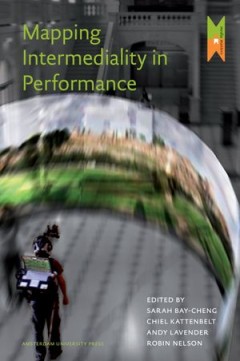
Mapping Intermediality in Performance
This volume examines afresh the impact upon acting and performance of digital technologies. It is concerned with how digital culture combines the traditional ‘liveness’ of theatre with media interfaces and internet protocols. The time and space of the ‘here and now’ are both challenged and adapted, just as barriers between theatre-makers and the ‘experiencers’ of events are broken d…
- Edition
- -
- ISBN/ISSN
- 9789089642554
- Collation
- -
- Series Title
- -
- Call Number
- 792 NEL m
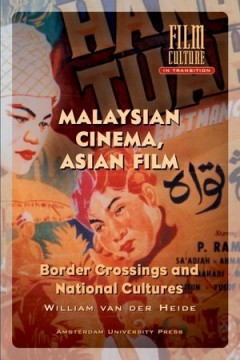
Malaysian Cinema, Asian Film: Border Crossings and National Culture
This monograph departs from traditional studies of national cinema by accentuating the intercultural and intertextual links between Malaysian films and Asian (as well as European and American) film practices. Using cross-cultural analysis, the author characterizes Malaysia as a pluralist society consisting of a multiplicity of cultural identities. Malaysian film reflects this remarkable heterog…
- Edition
- -
- ISBN/ISSN
- 9789053565803
- Collation
- -
- Series Title
- -
- Call Number
- 791.43 HEI m
 Computer Science, Information & General Works
Computer Science, Information & General Works  Philosophy & Psychology
Philosophy & Psychology  Religion
Religion  Social Sciences
Social Sciences  Language
Language  Pure Science
Pure Science  Applied Sciences
Applied Sciences  Art & Recreation
Art & Recreation  Literature
Literature  History & Geography
History & Geography